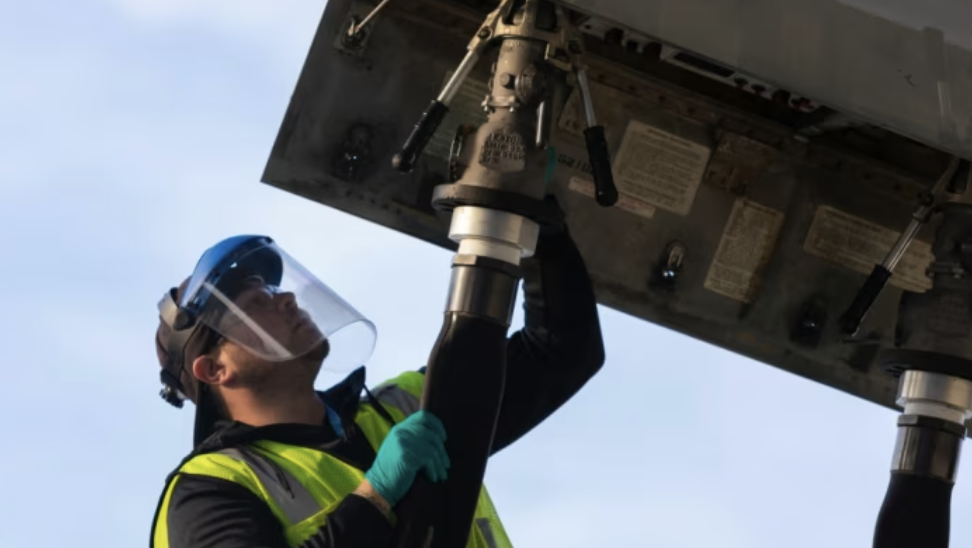
July 29, 2025
HAMR Energy announced on July 28 that it plans to develop Australia’s first large-scale methanol-to-sustainable aviation fuel (SAF) production facility following the…

July 29, 2025
On July 24, Italian energy giant Eni announced the signing of a €500 million (approximately $588 million) financing agreement with the European…

July 29, 2025
According to Reuters in Singapore, the International Air Transport Association (IATA) has intensified its criticism of the European Union’s (EU) mandatory sustainable…
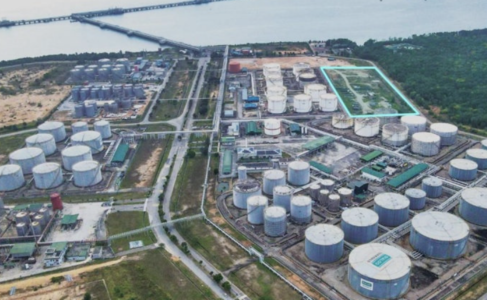
July 29, 2025
EcoCeres Inc., based in Hong Kong, has recently issued a position paper highlighting the importance of fairness, effectiveness, and anti-fraud measures in…

July 21, 2025
On July 18, the European Commission announced the conclusion of its investigation into Chinese biodiesel imports, stating that no fraudulent behavior was…

July 18, 2025
SD Guthrie has launched a B30 biodiesel pilot project in collaboration with Malaysia’s Ministry of Plantation and Commodities (KPK), Petronas Dagangan Berhad…
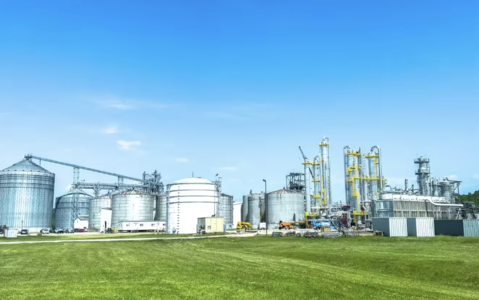
July 10, 2025
On July 10, Greenergy, a UK fuel company owned by global commodities trader Trafigura, announced plans to close its biodiesel plant in…
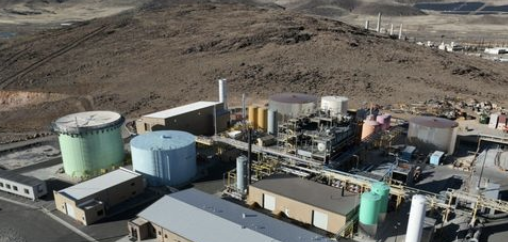
July 10, 2025
On July 10, XCF Global Inc. announced a major strategic plan to invest nearly $1 billion over the next three years to…

July 8, 2025
Zhuoyue New Energy announced on the evening of July 8 that it plans to invest RMB 700 million of self-raised funds in…
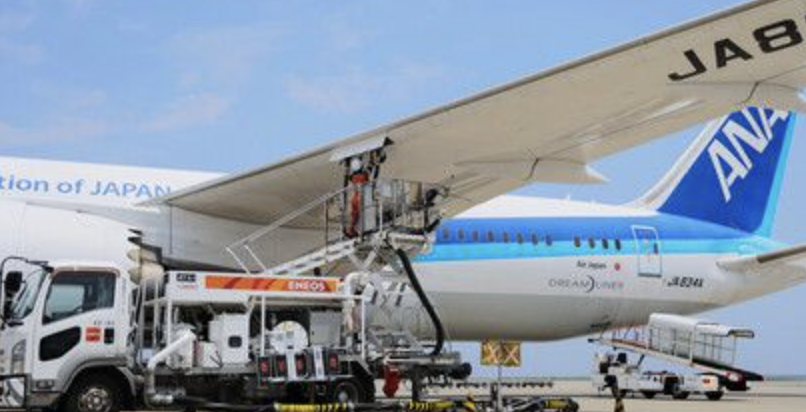
July 8, 2025
On July 8, All Nippon Airways (ANA), Japan Airlines (JAL), and engineering firm JGC Holdings Corp. held a ceremony at Tokyo’s Haneda…










